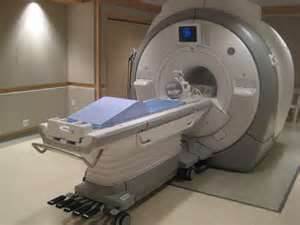|
Party Store Closures a Microcosm of Helium Shortage
May 11, 2019
Party City's closing of 45 stores is the latest in a series of consequences resulting from a growing global shortage of helium. The East Hanover, N.J. retailer, which boasts a large online presence and nearly 900 bricks-and-mortar stores nationwide, has seen reduced sales and large losses lately, which led to the store closing announcement. Initial reports were that the closings were directly to the helium shortage, but Party City officials later said that the closings were part of a plan to revamp the business model, which includes the opening of four smaller stores later this year. In the past 10 years alone, global helium supply has been well below demand level (notably in 2012). Causes included shipping and delivery problems and natural disasters at plants, which cut into existing supply. Helium can't be created artificially, and it can't be reused. Earth has a finite supply of the stuff, largely because although helium is the second-most abundant element in the Universe, Earth's atmosphere keeps the planet from absorbing helium blown through space by the solar wind. And the helium that is already here on Earth is not all that easy to access. Companies drilling for oil or gas encounter pockets of helium underground. The helium is then distilled to create the product that is used in a growing number of things and processes. Other modern technologies use significant amounts of helium as well. Computer chips and fiber optic cables are made using helium. The element is also used in running massive and massively cool refrigerators like those found in high tech laboratories like the Large Hadron Collider. Cryogenic facilities use helium because of its extreme melting and boiling points. The space industry uses helium to pressure fuel tanks of liquid-fueled rockets. Deep sea divers benefit from a helium-oxygen mix that creates a nitrogen-free atmosphere. Already, scientists in the U.S., the U.K., and in other countries have canceled experiments because of a shortage of helium. |
|
Social Studies for Kids
copyright 2002–2024
David White




 Helium has several high-profile uses in the medical realm. Hospitals mix it with oxygen to help newborns and extremely sick patients breathe more easily. Medical tests like MRIs depend on helium. The machines that conduct MRI tests need up to 10,000 liters of helium, mainly to keep the machine's vital magnet cool and stable, with a uniform magnetic field. Basically, without helium, MRI machines as they are designed now won't work.
Helium has several high-profile uses in the medical realm. Hospitals mix it with oxygen to help newborns and extremely sick patients breathe more easily. Medical tests like MRIs depend on helium. The machines that conduct MRI tests need up to 10,000 liters of helium, mainly to keep the machine's vital magnet cool and stable, with a uniform magnetic field. Basically, without helium, MRI machines as they are designed now won't work.
